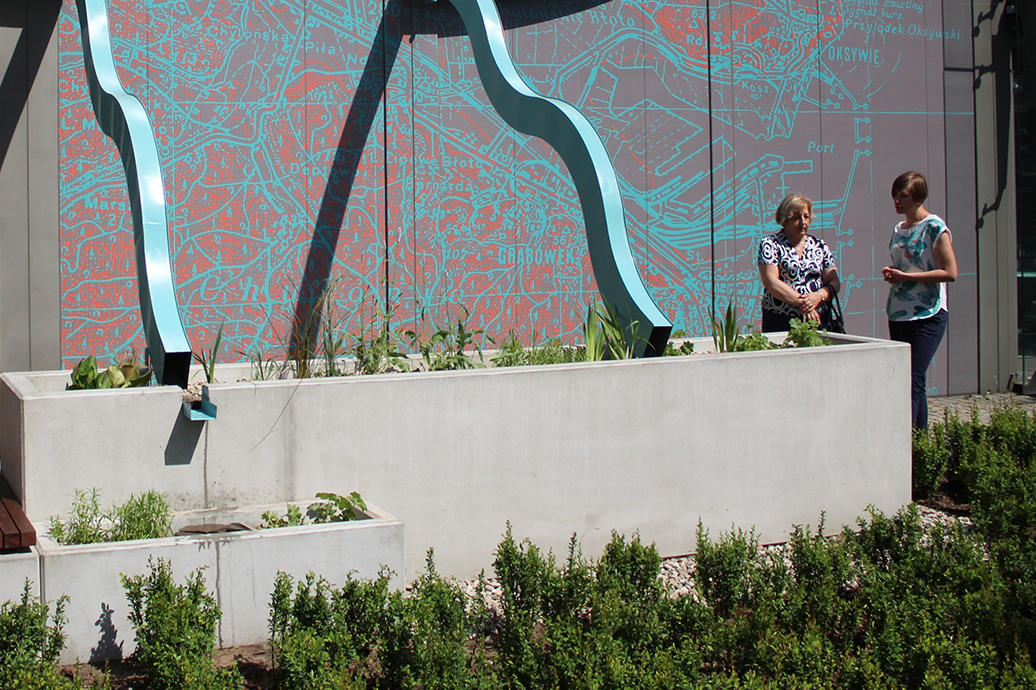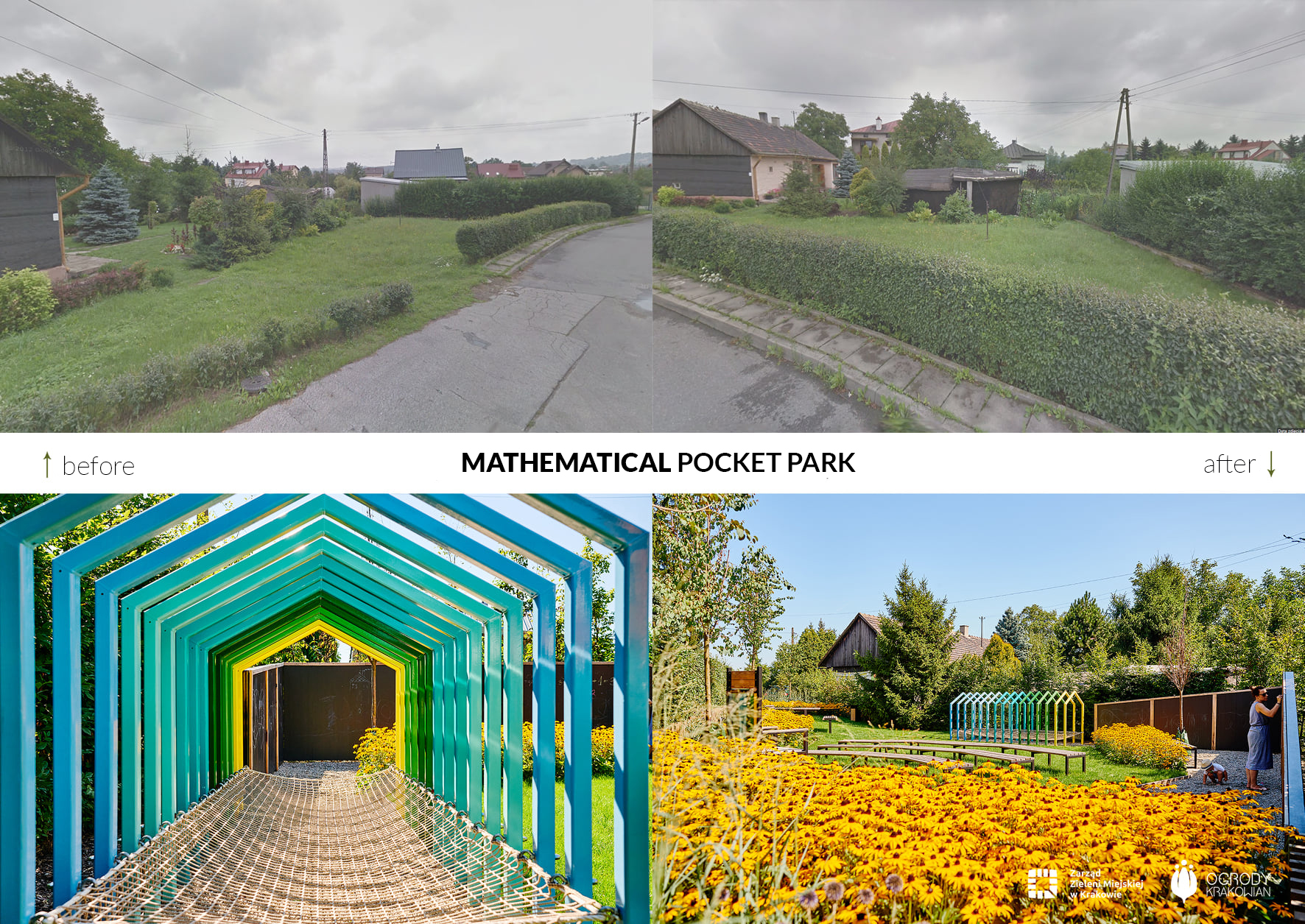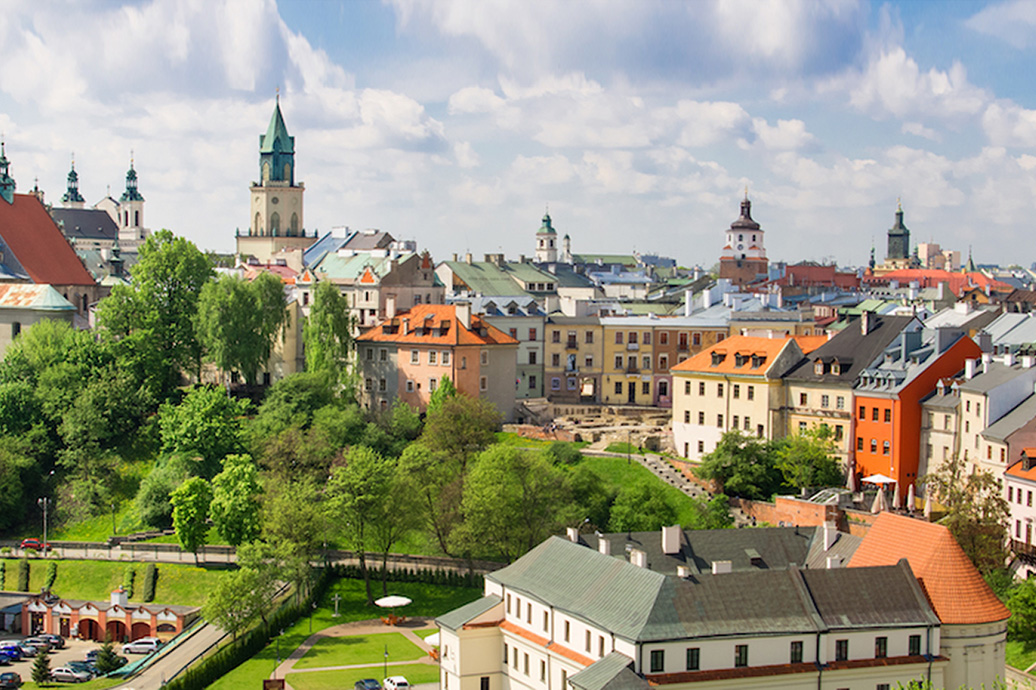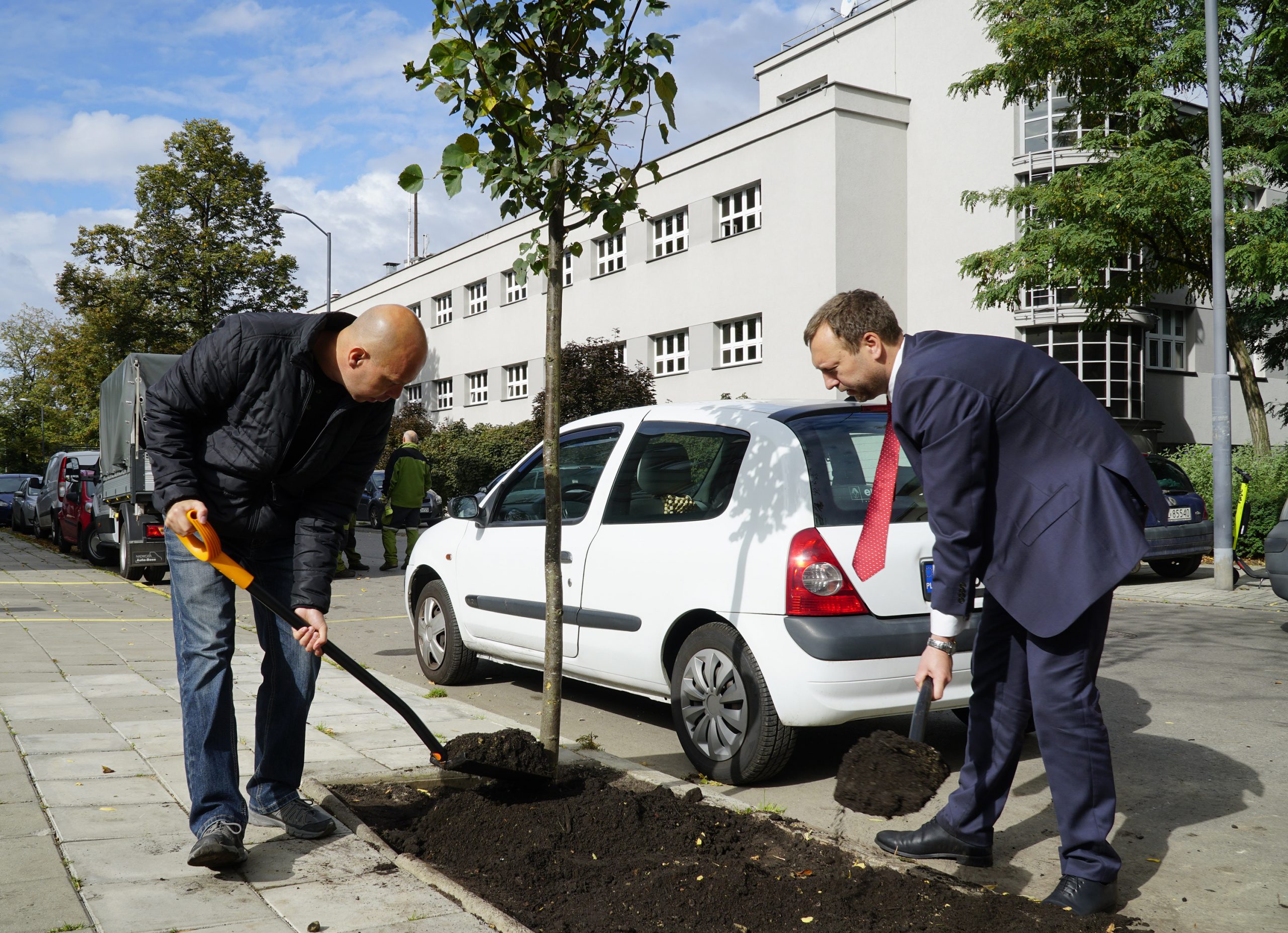
Green urban spaces are designed to teach residents about rainwater retention through the creation of special gardens in residential and commercial properties.
BLUE INFRASTRUCTURE IN cities is often disregarded
Over 60% of the Polish population lives in urban areas, with this proportion expected to increase in the future. City dwellers expect increasingly high standards of living, which includes green spaces – but the strong relationship between greenery and water is often forgotten. The city’s water is pushed into sewers and regulated in concrete channels, rainwater is closed in pipes and led out of the city. Such management of blue infrastructure reduces groundwater levels, pollutes other water bodies, and increases flood-risk with overloaded sewage systems.
COMMUNING WITH WATER IN URBANISED SPACE
Rain Gardens help to resolve these problems and also allow people to experience the benefits of communing with water in urbanised space, as well as contributing to a healthier, greener urban environment. The creation of a Rain Garden system in urban areas results in the following: some rainwater is constructively used, retained, purified, and infiltrated into the ground; some of the water evaporates into the atmosphere; and only a small part goes into the sewage system. This simple and cheap, yet innovative, solution is an effective way to manage rainwater in the city. The project was created with the help of experts, whose knowledge and experience was used to prepare comprehensive information on constructing a Rain Garden – the selection of appropriate plants, substrate, pot size, type of drainage – and also resulted in the setting up of an inspirational 'Show Rain Garden'.
A SET OF GOOD PRACTICES FOR RAIN GARDENS
The Gdynia Rain Garden project encourages the inhabitants of Gdynia to make use of small-scale rainwater collection, and educates them about the importance of rainwater in the urban environment. A subsidised programme supports residents in the matter. A set of good practices was created which can be used by people when designing a Rain Garden, and a demonstration site serves as an example. Rain Gardens, in addition to ecological benefits, have a decorative and educational value: they increase the attractiveness of home gardens, and encourage the wise and responsible use of natural resources. Thus, they are an integral part of the City's commitment to environmental protection.




